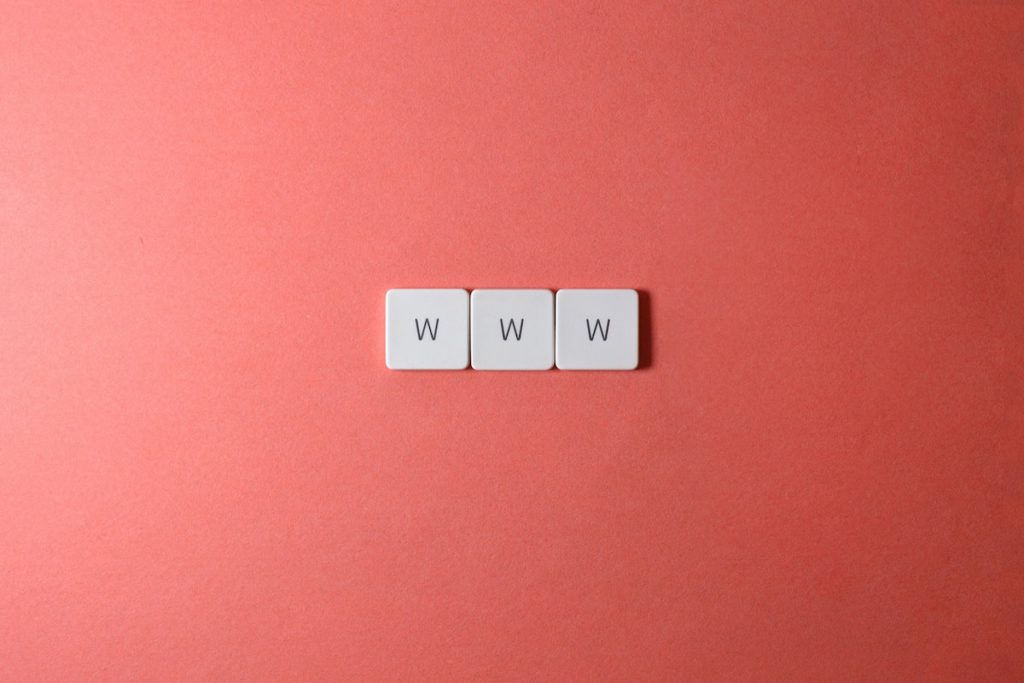It was an advertisement of some sort; I don’t recall what for, but I do remember having a realisation: The mass adoption of this internet was real. Against all the odds, a disturbance in the force had unleashed a new civilisation outside the established channels, and now trade was flocking to where the action was. But the most critical event had barely started.
The most important event–the terrific cascade which was unthinkable before it became evident –was what you could call the development of the bottom. Members of the once dormant TV audience now shared and created their shows on the web. The lowly readers of newspapers and magazines wrote their information on websites, by the millions, on virtually every topic, all free. In 1999, Napster launched the first music-sharing website. Now music lovers –not critics or executives or agents but ordinary fans–could broadcast their favourite songs to each other, sharing what they loved, song by song, ditching packed albums.
Retail commerce, too, was quickly being overrun by precisely the same bottom-uprising. In 1997 a San Jose-based website named AuctionWeb sold its millionth thing and renamed itself eBay. In 1999, Alibaba started in China, near the epicentre of manufacturing. Small-time”factories”–some only one room with a computer –sold directly to citizens around the world. By 2001, eBay was allegedly hosting 200 million auctions annually. Then it purchased PayPal, a protected, person-to-person digital payment system. Within eBay, just about anybody could sell anything, internationally.
The growth of the web also created entirely new sorts of giants. Google, born in 1998, wasn’t the primary search engine, but it was the first major search engine to rank results based on the quantity and quality of links to web pages. Every time someone linked to a different website, they had been making Google better, fuelling its rise to dominance. Although we’ve forgotten it, the first large-scale social media to exploit people’s relations to each other was Friendster, launched in 2002. LinkedIn, in 2003, found a way to make a business from networking regular workers collectively. YouTube would begin a few years later and demonstrate, once and for all, the most effective force that’s been released by tiny chips isn’t speedy compute cycles but the creations of ordinary men and women.





